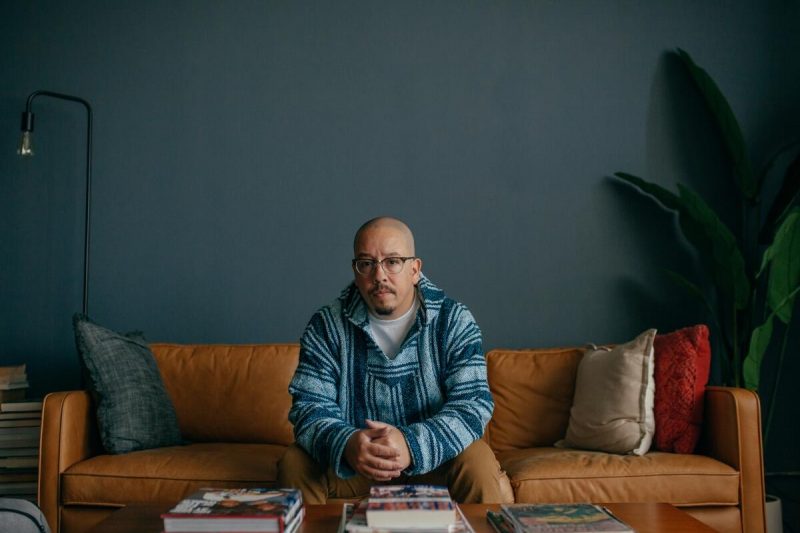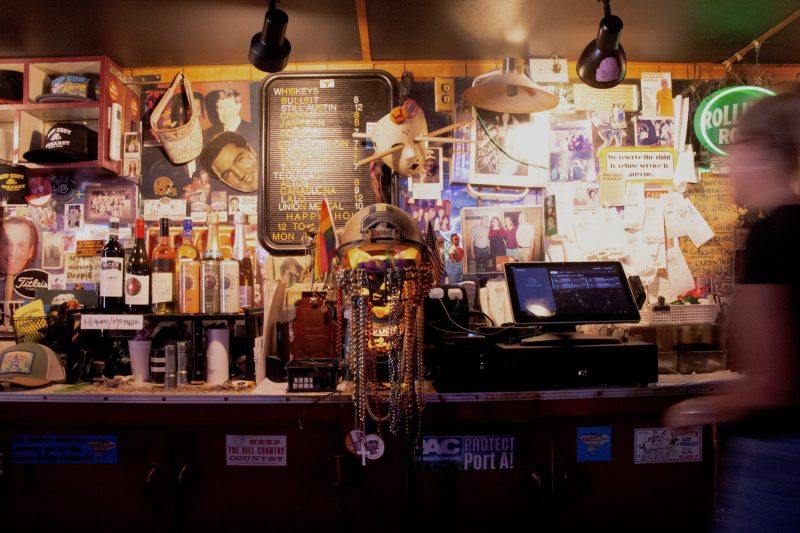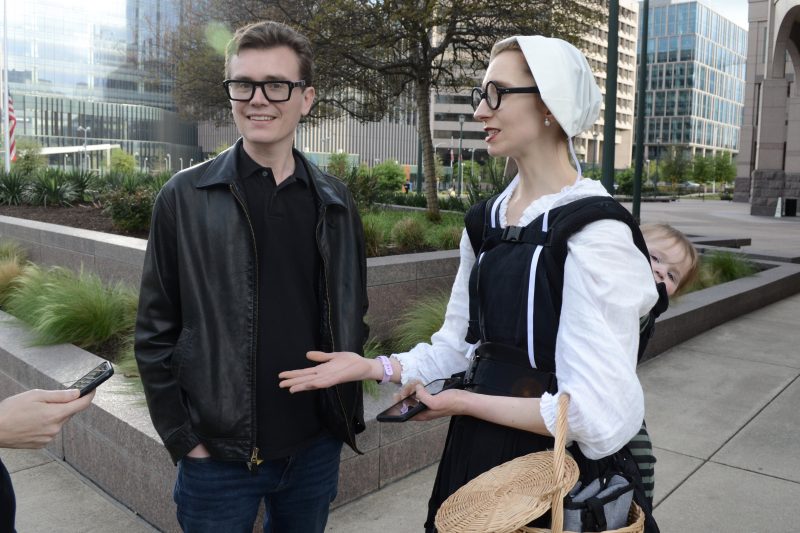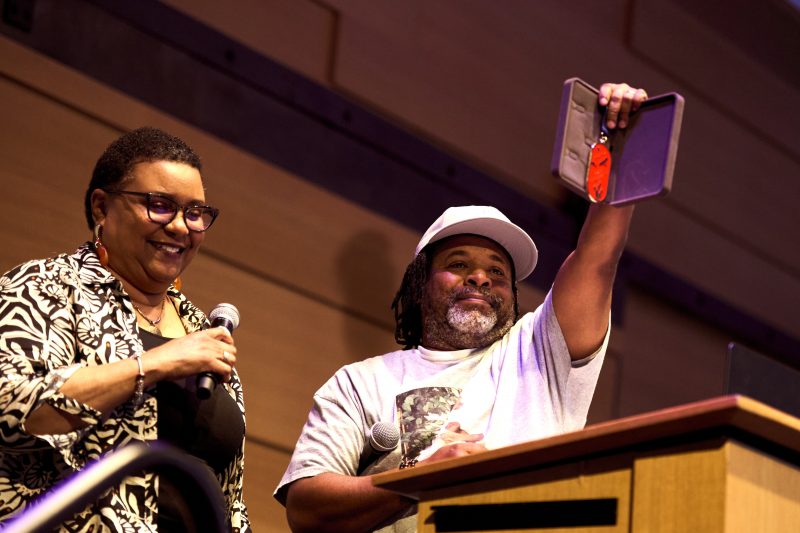


bySarah Gonzales
There wouldn’t be a Halfway Books if Shea Serrano had never inspected his royalty statement in the mailbox. Serrano, a critically acclaimed writer and journalist from San Antonio, thought he was receiving “free money” when he opened the check for his New York Times best seller “The Rap Yearbook.” But when Serrano sat down and […]

bySarah Gonzales
When four longtime friends maxed out their credit cards and depleted their savings accounts nine years ago to open a bar, they had no idea who would turn out to see their vision become a reality.
“The goal, the whole time as we were getting things going, is just making a place where we would want to hang out, and I mean that’s still kind of our MO,” Mike Sanchez said.
Those four friends named the place The Little Darlin’, a South Austin staple off William Cannon Drive — one of a handful of beloved dive bars that define their neighborhoods and manage to hang on as other bars and restaurants come and go.

byAlex Lamb
In April 2024, state and local police cracked down on University of Texas students protesting Israel’s invasion of Gaza, following calls for intervention by university administrators. As with protests on other college campuses, university and political leaders accused the pro-Palestinian protesters of antisemitism.
Almost a year later, one of the same groups involved in those protests, the Austin Chapter of Students for a Democratic Society, took part in another protest — this time to oppose the presence of alleged neo-Nazis and eugenicists at a conference held on the UT campus. The activists highlighted what they called a disconnect between the treatment of two groups accused of connections to antisemitic views

byShunya Carroll
As he was inaugurated as Austin’s first poet laureate, Zell Miller III said last week that he will use the platform to promote literacy and tell the hard truths of the city’s history. “I am gonna scribe the beauty of this city I grew up in,” Miller said during a ceremony at the Austin […]